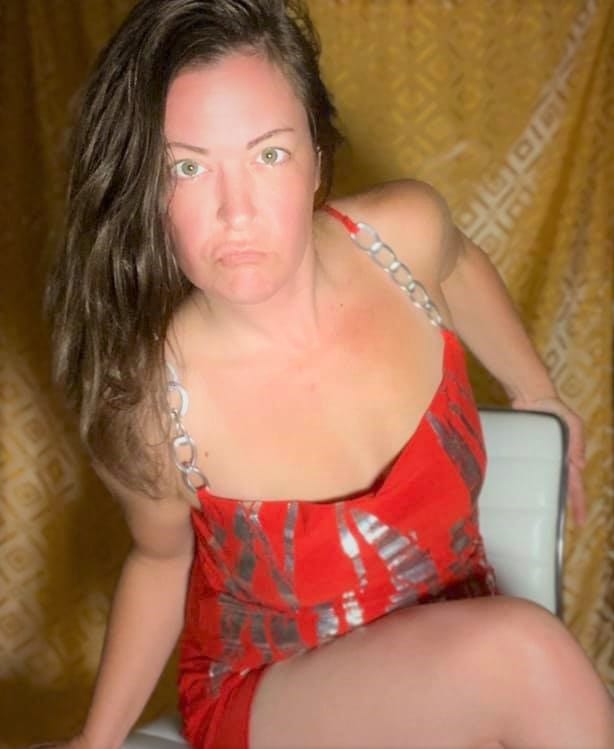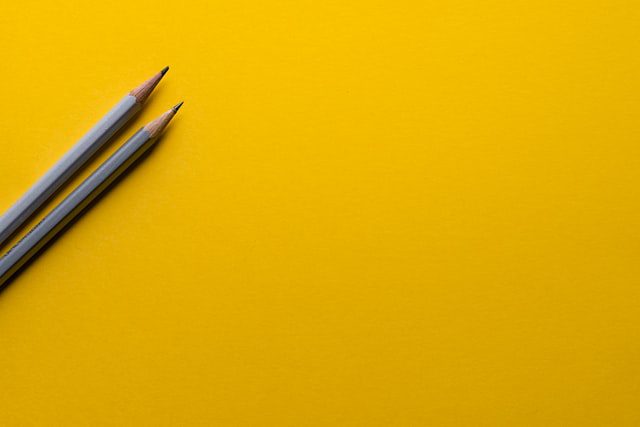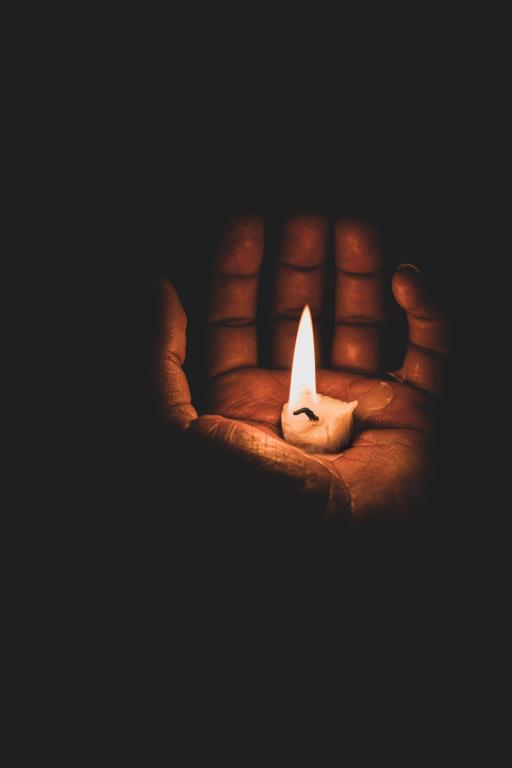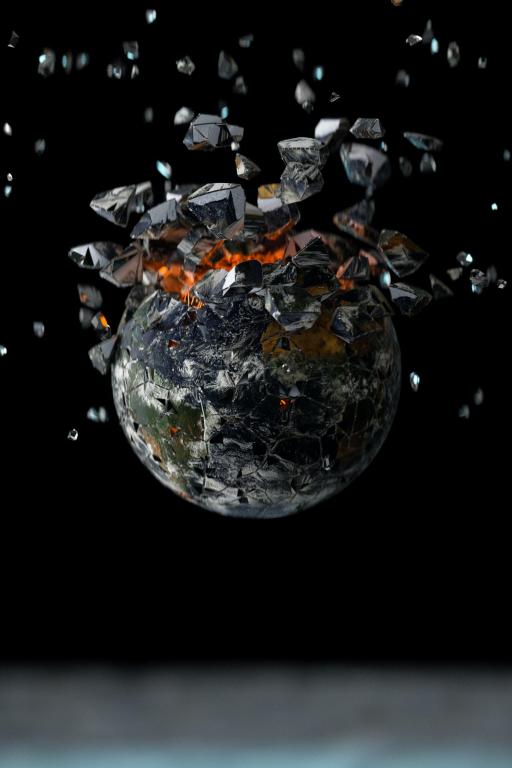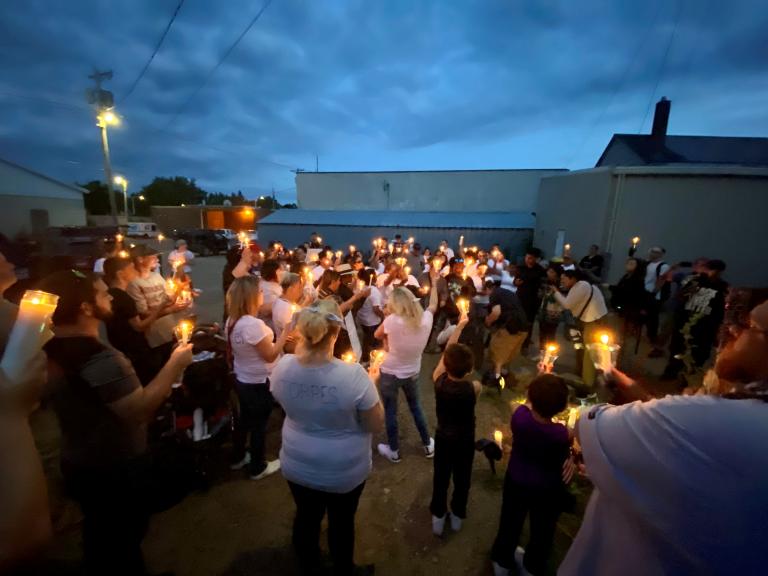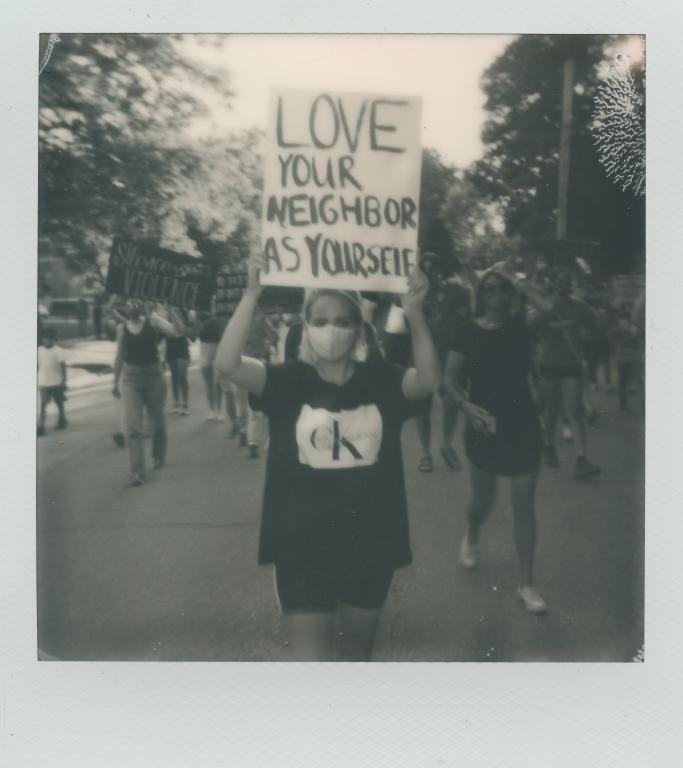
My friend was in D.C. for the rally. I had been watching the protests on live feeds wondering if I would see him in the crowds. I was angry and disappointed when he told me he would be in attendance. I had a moment of surrealism take hold of me. Perhaps it was shocking. Either way, I had a hard time receiving the information and I said things to him that I really didn’t mean. I reflected, calmed down, and asked him to explain to me WHY.
Maybe you know someone at the rally? Maybe you love a Trump supporter. Maybe you have severed a relationship in the past few years because of opposing views. Perhaps you found yourself embroiled in a heated argument over the rally/protest/insurrection in recent days. If you’re like me, you might even be watching the live streams and asking the same question over and over again: “Once they breach the Capital, then what?” or “What is going to happen to the country?” or “How will this impact me?”
I often have these thoughts when I see protests take place. Then what? Once you have all gathered littered, punched someone, destroyed something, burned a building to the ground, then what? Now, not all protests are violent or destructive. History reveals that. History also reveals the remarkable ability that we all have, to come together for something greater than ourselves. I have no doubts that the attendants of the D.C. protests believe just that.
Yesterday, I asked many questions. Does this gathering of people impact our system to a point that things will be different tomorrow? They interrupted the electoral certification, but that doesn’t mean the votes won’t be certified. What is the desired outcome? Will they stay until Trump is proclaimed the President? If that doesn’t happen, then what?
Protests are so volatile and vulnerable that even the greatest amount of planning cannot prepare you for the outcome of a protest. And still, that question remains: Does anything really change come from any form of protest? Some would argue that the Civil Rights Protests of the ’60s did change the landscape of our country. But many more insist that Civil Rights never came. I guess it depends on how you look at it.
I am trying to look at this protest through a lens of love. I don’t want to diminish the integrity of one person in attendance, albeit, watching the stream makes this a difficult thing to do. My heart tells me that these people believe they are doing what is right. My head tells me that doing what is right is often the wrong thing to do. At this point, I don’t want to use a black and white lens of right and wrong. I want to go deeper.
My friend is a good person. He is caring, loving, dedicated to his community, and just a really fun person to be around. We can get into arguments about ideas and concepts while still respecting the difference between us yet, also seeing the sameness. Of course, I want him to believe everything I do, and he wants me to agree with him on everything. We hardly ever agree, but when we do, it brings us closer. But if I am being honest, it’s when we disagree that I can feel the intimacy intensity build. It’s a rare thing to disagree with someone and still be completely grateful and honored to call them a friend. Disagreeable friends make the best of friends, although they are few and far between.
If I know this to be true about my friend who was in attendance of the rally/protest, doesn’t that mean there’s a good possibility that there were many others there who are also good-hearted, kind people? It’s just as easy to assume that everyone there is “evil”, “selfish” or “brainwashed” as I heard many people suggest. It would be so easy to separate myself from my friend in a way that pits us against one another. I could wash my hands of him and all of those in attendance at the rally while patting myself on the back for being so morally principled. What a good person I would appear to be if I condemned my friend and acted as if I were better than him. I mean, isn’t that what most of the country did these past days? Isn’t that what this country has been doing for years? Haven’t we all been separating ourselves down the political aisle? And aren’t we doing it for status and aesthetics? We want other people to think we are good people and good people condemn and insult and label bad people. Right?
Of course, that’s it as well! Appearing R-I-G-H-T. Better than appearing W-R-O-N-G. The right side of history, the right side of justice, the right side of Christianity. It’s all about being right, after all.
The appearance of rightness is certainly seductive, alluring, and rather convincing. But is it conscious? Is it loving if, in our efforts to appear right, we are effectively justifying our hatred? I am not so sure we can hold love and hatred at the same time and call either what they are by how they have been defined and acted out.
Right now, I think rightness is irrelevant. It’s possible that we have been so weighted down with visual stimulation that, if we are being honest with ourselves, we don’t have a clue what to think, and we are all simply unconsciously letting our autopilot program run its course. Have you ever seen people storm the Capitol like that before? Do you have the answers to the questions that everyone is asking? Do you think it best, to begin with judging and labeling others when you don’t even know what to do with the information? Do we need to defer to the scapegoat narrative and find someone to blame? If we point our fingers at someone, will that really do a damn thing? It’s a new year, let’s try a new method. Let’s start with understanding and leave judgment, along with that bad experience of 2020, in the past.
I am still waiting for the details of what my friend experienced as a participant in D.C. In fact, I have invited him as a guest on my podcast, Recorded Conversations, so that we can share our conversation and his experience with listeners. Maybe he will help shed light on his fears and his hopes. My hope is that what I learn from him by what he shares will help me see another layer of humanity and another reflection of God. If I can understand him, I won’t seek a cause to judge him. And when we take judgment out of the equation, we leave so much space for light and love to work its way in. Conversations are the only ways in which we can really bring about change. So, let’s have a conversation in place of judgment this time around.

